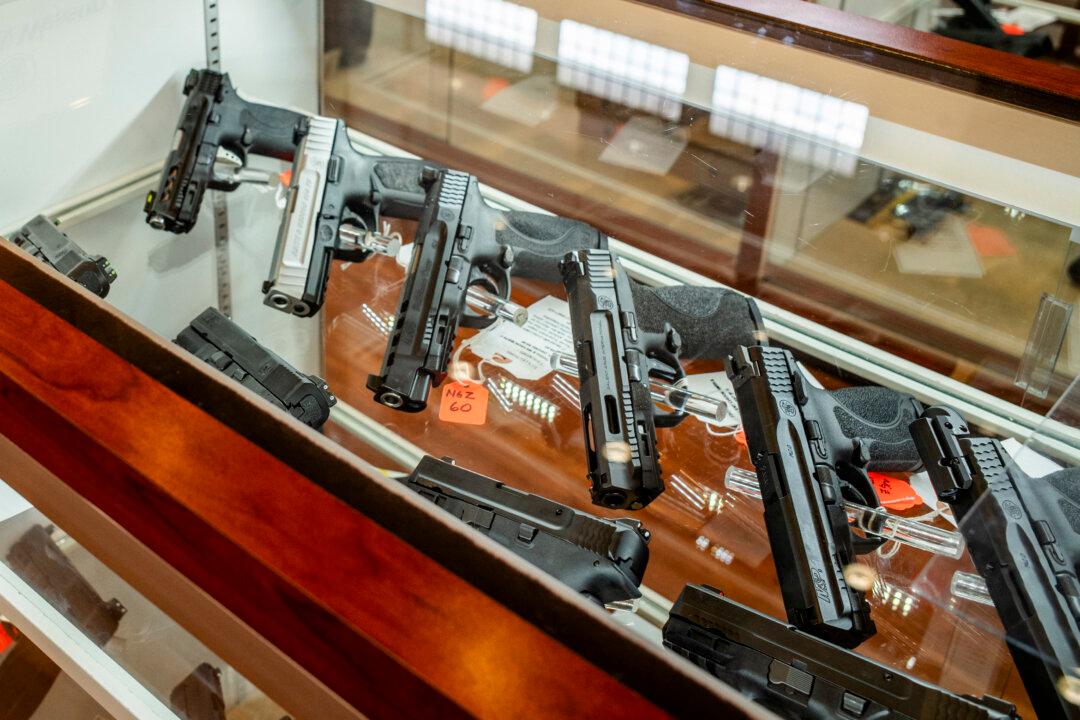Unease over rampant illegal immigration and crime are contributing to a spike in local guns and ammunition sales in border towns, according to a gun store owner in Southern California and a national firearms industry spokesman.
Cory Gautereaux, owner of Firearms Unlimited California in El Cajon—about 15 miles northwest of San Diego and 25 miles from the U.S.–Mexico border—told The Epoch Times that many of his new customers are citing the border crisis as the reason they’re buying guns for self-defense.





